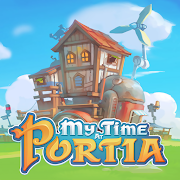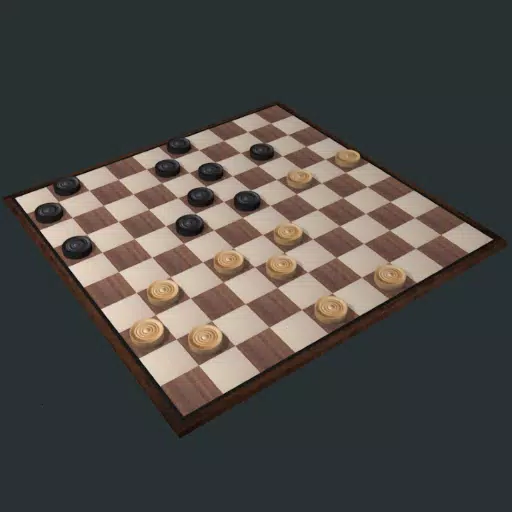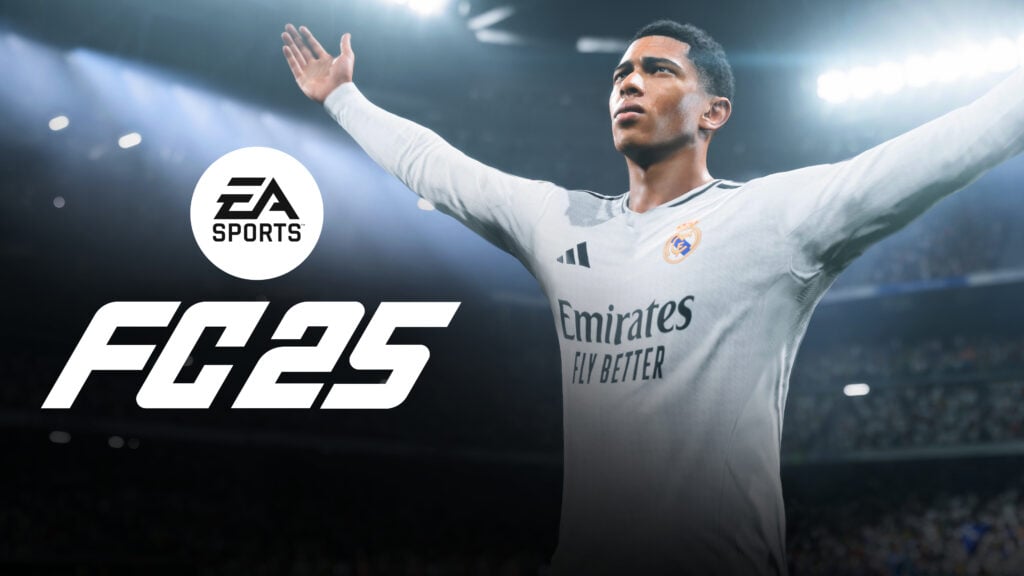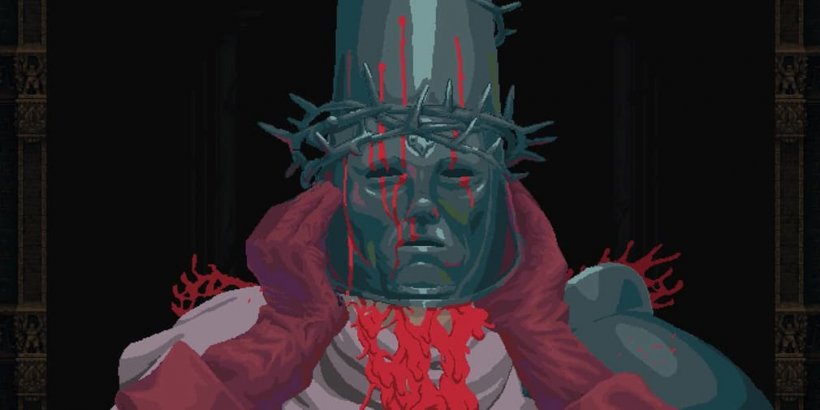Marvel Gaming Universe Plan Fails After Funding Loss
The Marvel Cinematic Universe has become a dominant force in entertainment, weaving together a series of interconnected films and TV shows to create a sprawling, cohesive narrative. In contrast, Marvel video games exist as entirely separate entities, with their own distinct and unrelated storylines. For instance, Insomniac's Marvel’s Spider-Man games share no connection with Eidos-Montreal's Marvel's Guardians of the Galaxy. Likewise, upcoming titles such as Marvel 1943: Rise of Hydra, Marvel's Wolverine, and Marvel’s Blade are being developed without any narrative links to each other.
However, there was once a concept at Disney to establish a Marvel Gaming Universe, designed to replicate for video games what the MCU accomplished for films and television. So, why did this ambitious plan never materialize?

DC vs. Marvel Superheroes: Which Recent Game Stands Out?
Cast Your Vote


New Matchup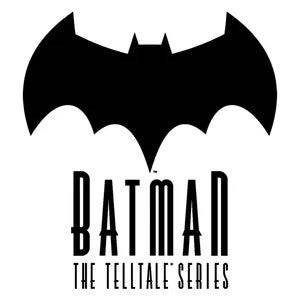 1ST
1ST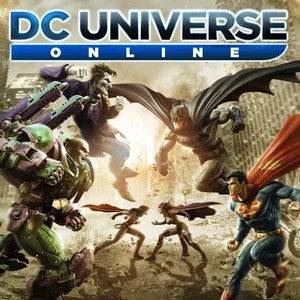 2ND
2ND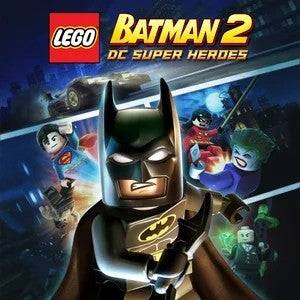 3RDSee Your ResultsComplete the duel for your personalized outcome or check the community's picks!Continue the DuelView Results
3RDSee Your ResultsComplete the duel for your personalized outcome or check the community's picks!Continue the DuelView Results
On The Fourth Curtain podcast, host Alexander Seropian and guest Alex Irvine, both of whom were involved in the project, discussed the defunct MGU concept and shed light on the reasons for its cancellation.
Seropian, widely recognized as a co-founder of Bungie, the studio behind Halo and Destiny, later headed Disney's video game division before his departure in 2012. Irvine served as a long-time writer for Marvel games, most recently contributing to the world-building, dialogue, and character histories for the hit title Marvel Rivals.
Reflecting on his earlier Marvel projects, Irvine recalled the shelved MGU initiative.
"When I first began working on Marvel games, there was a vision to establish a Marvel gaming universe that would mirror the MCU's interconnected approach," Irvine stated. "Unfortunately, it never came to fruition."
Seropian then clarified that the MGU was his "brainchild," but it failed to secure financial backing from Disney's upper management.
"During my tenure at Disney, I championed the idea of linking these games together. This was before the MCU had fully taken off," Seropian explained. "But the project wasn't funded."
Irvine, who had previously worked on the acclaimed Halo alternate reality game I Love Bees at Bungie, elaborated on how the MGU would have functioned.
"It was incredibly frustrating because we had developed so many exciting concepts for its execution," he said.
"Coming from an ARG background, I thought incorporating some alternate reality elements would be fantastic. We envisioned a central hub where players from different games could interact, moving between game worlds. We could have integrated comics, original content, and various media. But as Alex mentioned, without funding, we simply produced individual games."
So, what prevented the MGU from gaining the internal support needed to proceed? Irvine speculated that the concept grew overly complicated, which ultimately discouraged key decision-makers at Disney.
"Even at that early stage, we were grappling with fundamental questions: How would the MGU differentiate itself from the comics and the films? How would we maintain consistency across all platforms? I believe these complexities made some at Disney hesitant to pursue the idea," Irvine elaborated.
It's intriguing to consider what could have been had the MGU received the necessary funding. Perhaps Insomniac's Spider-Man games would have shared a universe with Square Enix's now-defunct Marvel's Avengers and Marvel's Guardians of the Galaxy, allowing for character crossovers and culminating in a grand, Endgame-level event.
Looking forward, questions remain about Insomniac's Marvel's Wolverine. Will it be set in the same universe as Marvel's Spider-Man? Could characters from the Spider-Man series make cameo appearances in Wolverine?
Ultimately, the Marvel Gaming Universe joins the ranks of abandoned video game concepts. Though, in some alternate reality, it might have become a spectacular success…
-
- The Sims Freeplay launches its latest lineup of seasonal events- Host a Pride celebration, engage in grill-offs and rescue the community pool- Watch for the arrival of the brand-new Breezy Fields neighborhoodWith summer in full bloom (for those enjAuthor : Mila Dec 30,2025
-
Crystal of Atlan is charting a fresh creative course with its latest update, featuring a vibrant crossover with B.Duck. This patch for the cross-platform magicpunk MMO Action RPG unveils a comprehensive Homestead system. It grants you the freedom toAuthor : Aurora Dec 30,2025
-
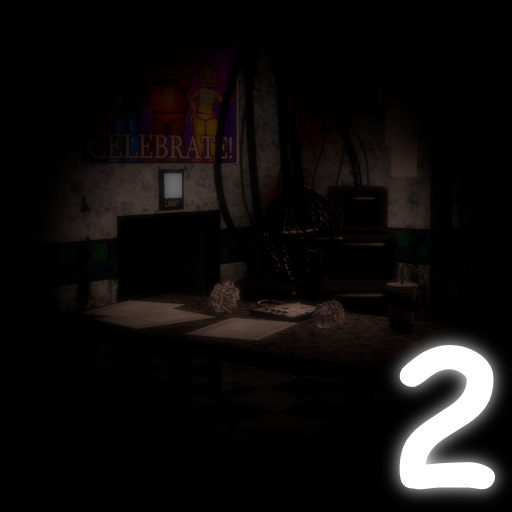 Animatronic Simulator 2Download
Animatronic Simulator 2Download -
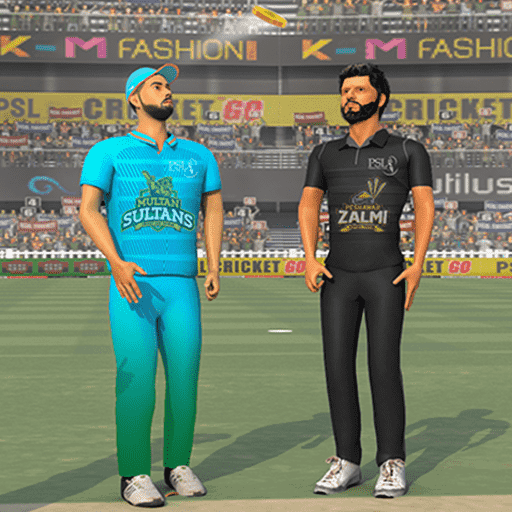 Pakistan League Cricket GamesDownload
Pakistan League Cricket GamesDownload -
 BC Monster Dinosaurs That Time Forgot Slots FREEDownload
BC Monster Dinosaurs That Time Forgot Slots FREEDownload -
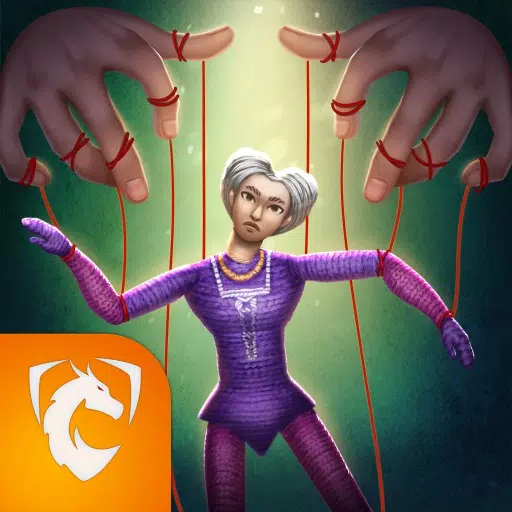 Hidden Escape Room MysteriesDownload
Hidden Escape Room MysteriesDownload -
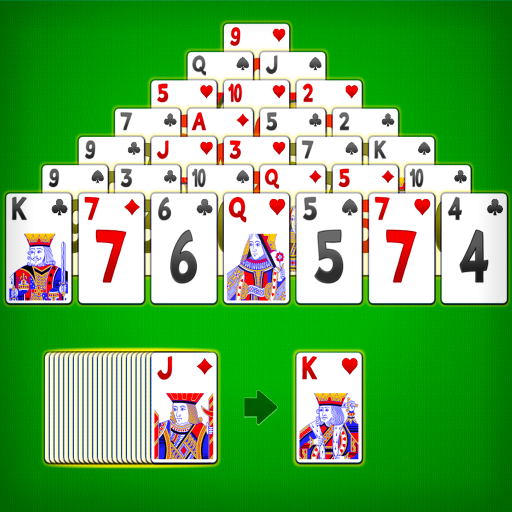 Pyramid Solitaire MobileDownload
Pyramid Solitaire MobileDownload -
 SatatDownload
SatatDownload -
 Super Police Car Parking 3DDownload
Super Police Car Parking 3DDownload -
 Shanghai Chinese Chess MahjongDownload
Shanghai Chinese Chess MahjongDownload -
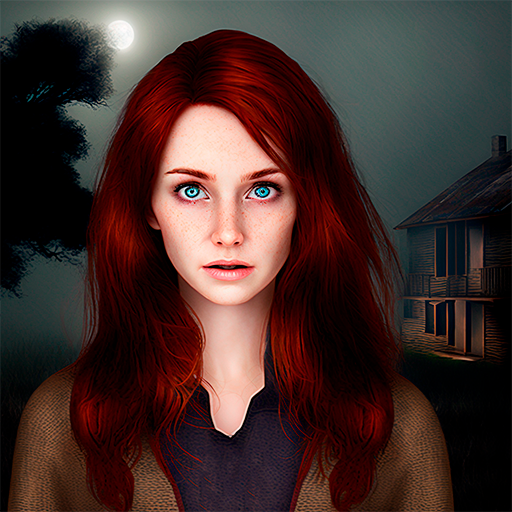 Stop FearDownload
Stop FearDownload -
 Crown Grand ScarabDownload
Crown Grand ScarabDownload
- STALKER 2: Heart of Chornobyl - All Endings (& How to Get Them)
- Steampunk RPG Eldgear Unveiled by KEMCO
- Metaphor: ReFantazio - Complete Bond Guide
- NYT Hints and Answers: Guide to January 10, 2025
- Discover the Artifacts in Stalker 2: Locations and Acquisition
- Mushroom Go! Unleashes Co-op Dungeon Adventure for Fungi Fans



